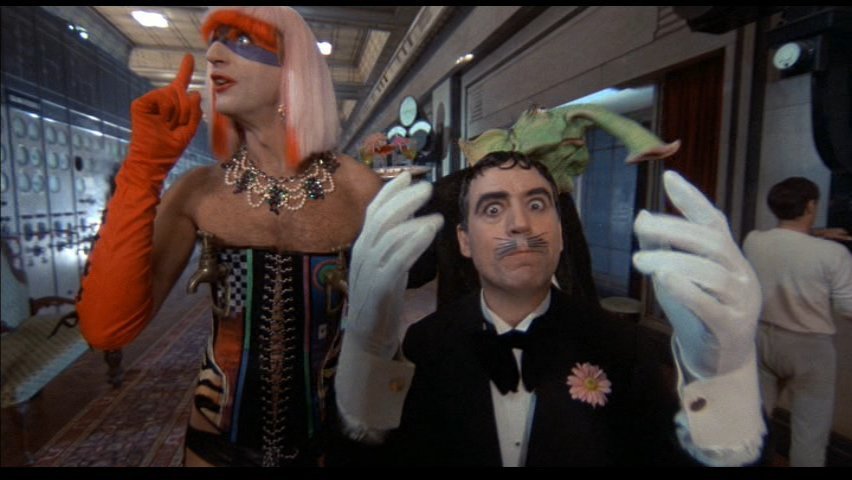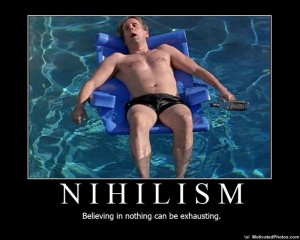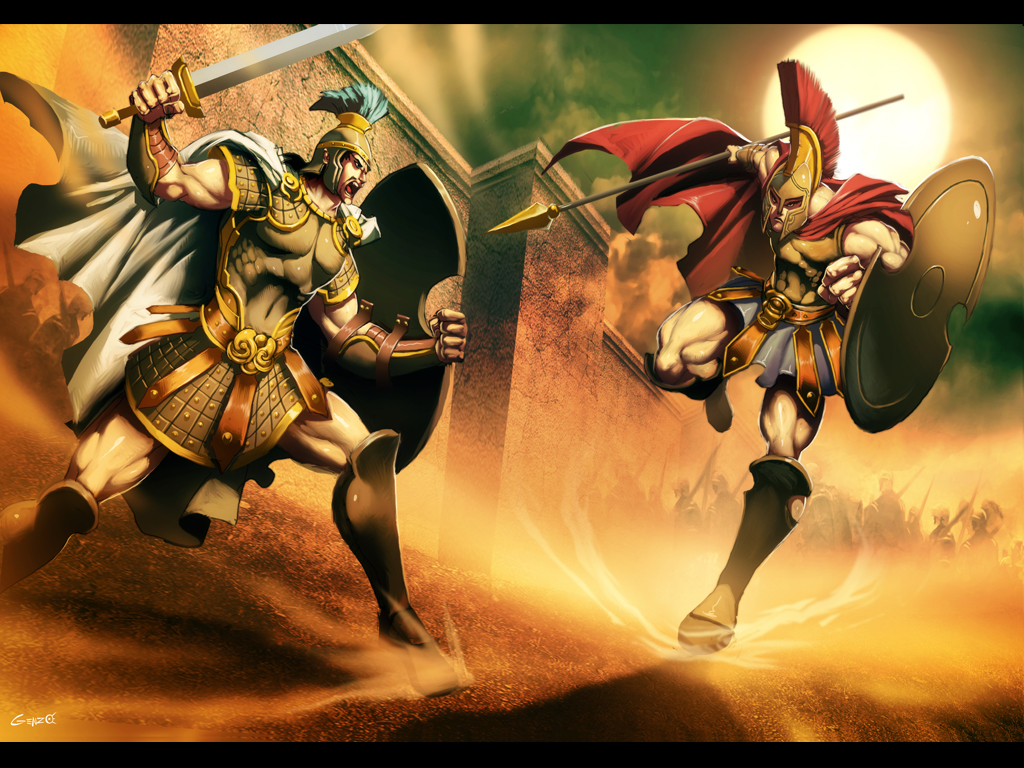It was in fairy-stories that I first divined the potency of the words, and the wonder of the things, such as stone, and wood, and iron; tree and grass; house and fire; bread and wine.--Tolkien
Tomorrow is Hobbit Day, September 22nd. It is celebrated by many Lord of the Rings fans, because it is the birthday of both Bilbo Baggins and Frodo Baggins. (Tolkien scholars, argue that it ought to be about 10 days earlier, because the Gregorian Calendar and the calendar of the hobbits do not quite match.)
Fans celebrate the day in their own ways. For me, I like to begin rereading the book on this day. I do it every year. This year, I'm also going to do watch the extended versions of the film.
Why do I do this every year?
Lord of the Rings forever changed the course of my life. In many ways, it is the reason I have faith in God. When I was 13 years old, I struggled through the book for the first time. I nearly gave up during The Fellowship of the Ring, because the story begins by lingering on birthday parties and the blissfully naive inhabitants of the Shire; and then there is so much attention to detail of each hill and valley, flower and tree, and many references to historical figures of the world, and so much poetry. But, I endeavored into the Mines of Moria, felt the crush of loss when Gandalf died and then stepped into fairy-country, Lothlorien. My wounds, like the wounds of the characters were healed, and I first felt the stirrings of wonder.
I no longer struggled to read the book, I couldn't stop. I had become immersed in the world. When the last page was completed, I cried. Even at 13 years old I knew that I had been part of something special. I didn't just read a good book, I had entered into a fairy-story and one does not leave the realm unchanged.
I looked upon trees with a new found respect and perhaps even a reverence. On car rides, I would look upon a woods and try to determine if it was an ancient woods, like that of Fangorn, a magical wood like that of Lorien, or something more sinister, like that of Mirkwood or The Old Forest.
What I remember most about reading the book for the first time and for a time after was that it was a time of true Joy. There was an intense happiness that was fleshy and wholly of this world, I felt both a more solid part of the this world, and as if I had been let in on a secret of the truly privileged. The secret though, was bittersweet. I had glimpsed what at the time I could only call Heaven, I was certain that in Heaven I would have eternity to walk through middle-earth and meet the many characters of its world, it felt like I had really come home, but each day that passed the feeling of being at home lessened and I yearned for it more. Until, one day all that was left was a memory of having at one time felt at home.
C.S. Lewis described the sensation as Sehnsucht, an inconsolable longing, a memory for a far-off country-a place we all seem to know, but can't recall. I feel that memory was real, Middle Earth may be Tolkien's creating, but in his creation, he awakened memories of something wonderful. I mean that both as something exquisite and as something full of wonder and fantastic things. It was that moment of Sehnsucht, that would not go away, in college I wanted to feel smart and so I scoffed at people of faith and tried my hardest to be athiest, but I could never quite commit, because of a memory I had of a far-off country.
What Lord of the Rings did for me, is exactly what a good fairy-story should do, according to Tolkien. In his essay, "On Fairy Stories," Tolkien, tired of people postulating that fairy-tales were for kids and of lesser merit than other forms of literature, described what a good fairy-story does:
- Creates a secondary-world that both the creator and reader can enter.
- It offers a recovery of our senses--it helps us protect us from looking at the world with triteness
- It provides a temporary escape from industrialization
- It offers consolation--in other words it has a happy ending and provides us hope.
I have found and continue to find all of Tolkien's criteria of a good fairy story in his own work. This is the main reason each year I return to the books. I know enough now, that I probably will not experience Sehnsucht from the rereading. As Lewis describes, the harder one tries to capture the feeling the less likely one is to find it; however, every year find new appreciation for the story and I receive the benefits of escape, recovery, and consolation.
I believe these are important aspects of a quality life and so I do not feel guilty for spending a day in front of the television watching eleven hours and 21 minutes of film, once a year. I don't feel bad for setting aside other books I might want to read, to reread this one. I revel in the frivolity of celebrating the birthdays of Bilbo and Frodo. Recreation or re-creation is considered an important part of a quality life according to Aristotle as well, who knows. If he had read Lord of the Rings he might have had a little hobbit day tradition too.









